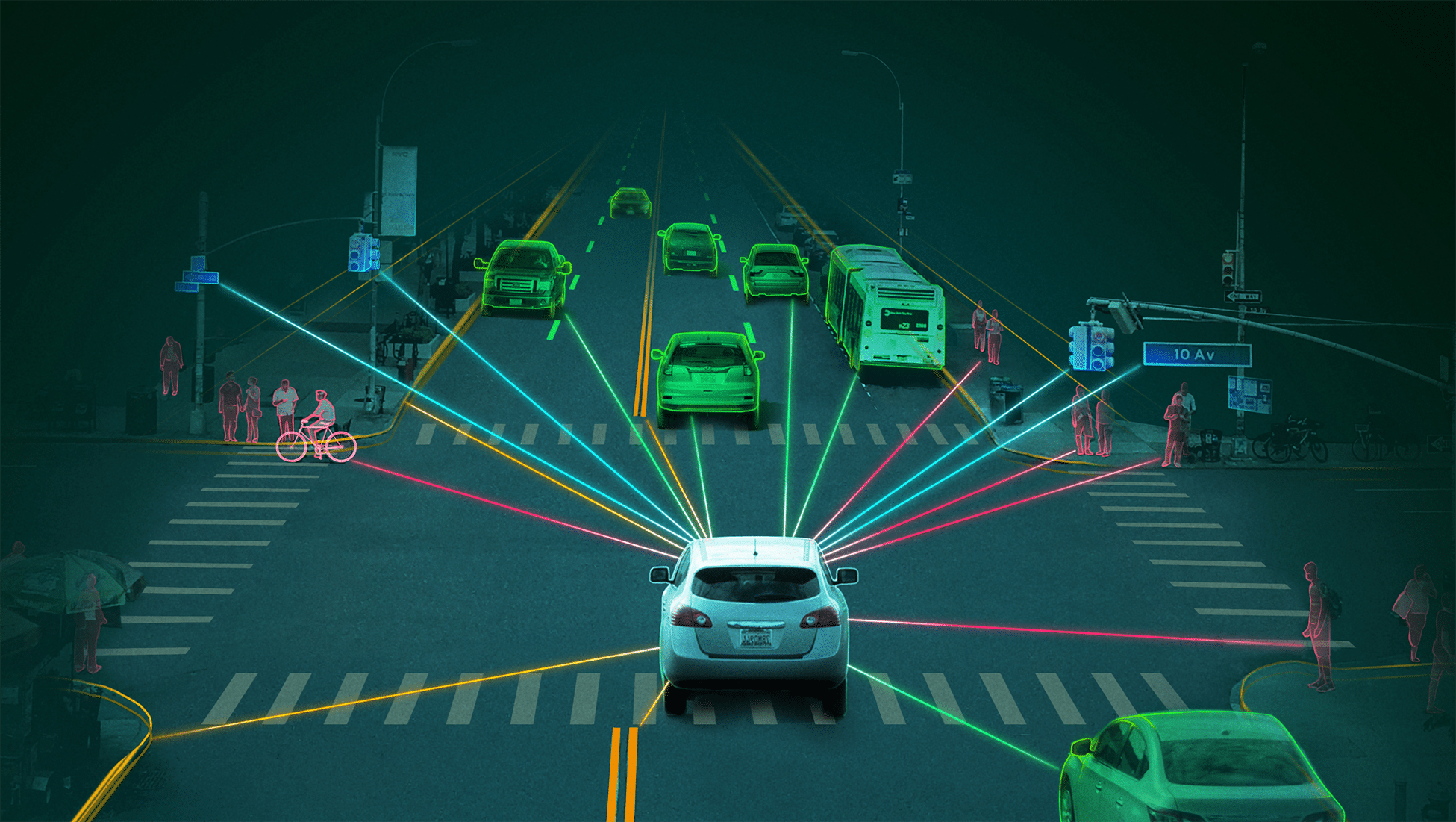Investors have grown concerned about Tesla’s financial future following a 29% price reduction for the Model Y. This price decrease has affected their bottom line and shaken confidence in Elon Musk. Since 2019, for nearly four years, Elon has been promising that autonomous cars would soon become a reality, yet investors are still waiting for their arrival. Elon’s said hypothetically Tesla could sell cars at zero profit and generate revenue from autonomous software, which could yield massive profits. This sparked panic among investors. Although this idea is purely theoretical, it was met with apprehension. Tesla’s CFO, Zachary Krikhorn, reassured investors that the company remains committed to earning money through car sales.
Innovation can be a tough sell to investors who are primarily focused on making money. Autonomous vehicles have been in development for some time, and I believe we are closer than ever to seeing them become a reality. Estimating exactly when they will arrive is challenging, but I expect them within the next six to eight years. It’s fascinating to observe the growth of the EV industry, which lays the foundation for autonomous vehicles. Tesla was one of the first companies to make a significant impact, followed by Nissan and others, including Chevrolet, BMW, Volkswagen, Audi, Rivian, Porsche, Ford, and Lucid.
As technology continues to advance, so does our ability to create autonomous cars. These vehicles require a variety of components to operate safely and effectively. For instance, GPS mapping is essential for navigation, while sensors are needed to detect other vehicles, pedestrians, and objects. A powerful computer is required to process the data collected from various sources. A wireless connection or some form of communication system is crucial for vehicles to receive the latest travel information updates. These are just a few considerations. With the EV market becoming more competitive and technology continuously advancing, we should see autonomous vehicles on the road in no time.
